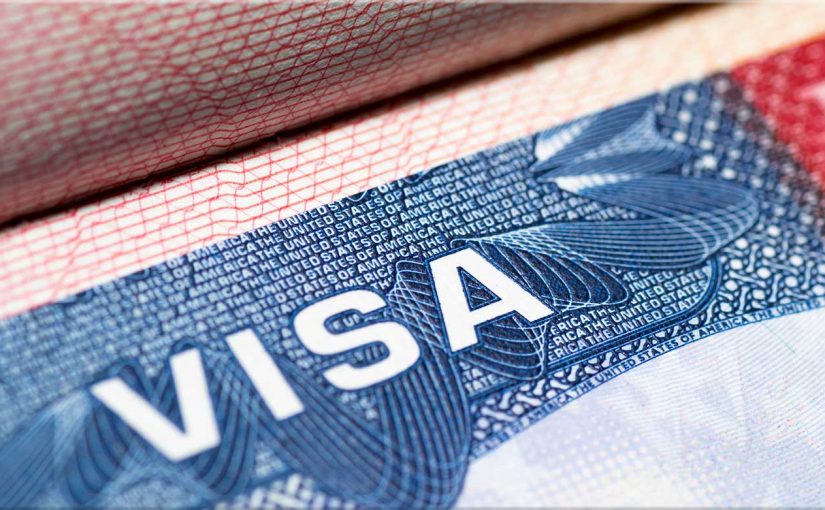
Because of the unfamiliarity with the laws and language, many immigrants to the United States are targeted for scams that are perpetrated by dishonest people. And if an immigrant is here illegally, they are unlikely to try to get help from the police or other officials if they are cheated. The best way to fight fraud is to increase your knowledge:
- In Texas, only licensed attorneys and nonprofit organizations specifically accredited by the U.S. Department of Justice’s Board of Immigration Appeals (BIA) can charge fees to advise and represent clients in immigration matters.
- In Texas a notary public is an official witness during the signing of certain documents, while in Mexico the term “notario publico” is used to address certain highly experienced attorneys. Scam artists in Texas have long exploited this mistranslation to give Spanish-speaking clients the mistaken impression they are dealing with an attorney.
To help combat fraud against consumers, there are governmental agencies to assist in investigating businesses that cheat individuals, including immigrants. The federal agency is the Federal Trade Commission; the state agency is the Texas Attorney General.
- The Hispanic Law Enforcement and Outreach Initiative, formally introduced in April 2004, aims to detect, stop, and prevent consumer fraud against Hispanics. The Federal Trade Commission developed a Spanish-language consumer fraud awareness campaign, “OJO – Mantente alerta contra el fraude. Infórmate con la FTC” (“Be on the alert against fraud. Stay alert with the FTC”). As part of the comprehensive Ojo campaign, the Federal Trade Commission created a fully bilingual website dedicated to Hispanic Outreach: www.ftc.gov/ojo.
- The Texas Attorney General investigates and prosecutes consumer fraud, including immigration fraud. In 2004/2005 Texas Attorney General Greg Abbott shut down a large West Texas operation from Midland that scammed hundreds of immigrants and their families out of thousands of dollars for unauthorized legal advice and representation in immigration matters. A state district judge issued a judgment against Aplicación de Oro and its owners for violating the Texas notary public statute and the Texas Deceptive Trade Practices Act .
Some examples of recent scams against immigrants or Hispanics:
- There are recent reports in multiple states of scams that involve the attempted sale of an English language course to Spanish speakers. Once the company has a Spanish speaking immigrant on the phone, they demand a payment of several hundred dollars for the English course with a threat that immigration will be contacted and the individual will be deported if they don’t pay.
- The Federal Trade Commission brought charges against a mortgage broker company called “Mortgages Para Hispanos”, who allegedly promised one set of loan terms verbally in Spanish, but had customers sign English-only closing documents with different, less favorable terms. To settle the charges, the broker will pay a large fine and is prohibited from misrepresenting the terms, costs, or other conditions of any mortgage loan, including the monthly payment amount, interest rate, annual percentage rate, finance charge, and/or term of repayment, or cash to be disbursed out of the loan proceeds.
- The Texas Attorney General has received calls from Hispanic consumers who received unexpected calls, often to their cell phones, informing them that they “won” a fun-filled vacation. Consumers who answer these calls first hear a recording in Spanish telling them to “press 1 if your credit card number begins with a 4.” After following this prompt, consumers are connected to a live Spanish-speaking person who enthusiastically congratulates the consumer for having won a travel package with airfare and hotels to places like Disney World or Las Vegas. First of all, the initial prompt asking consumers if their credit card begins with the number 4 is simply a ploy to ensure that those who proceed to talk with a live representative have a credit card. All Visa credit cards begin with the number 4.
Once they speak to an agent, consumers learn they must give the caller their full credit card number to pay a $399 “processing fee” for this fabulous vacation. Consumers who hesitate are given the hard sell and are told they are neglecting the well being of their children by not accepting such a great deal that the whole family will enjoy.
DO NOT give your credit card numbers or any other financial information to telemarketers who call unexpectedly and use high pressure tactics like these. If you must pay any amount, then it is not really a gift. Just hang up. If you are getting calls like these and want to report them to the Texas Attorney General’s office call 1-800-252-8011 or go online at www.oag.state.tx.us. Both the hotline and Web page offer assistance in Spanish.
Disclaimer:
This information is a general summary, and there may be exceptions or additional requirements that apply in an individual case. Information is given for demonstrative purposes only, and should not be relied on without consulting an attorney. Specific advice can only be given by an attorney who is familiar with facts pertinent to a specific case.

